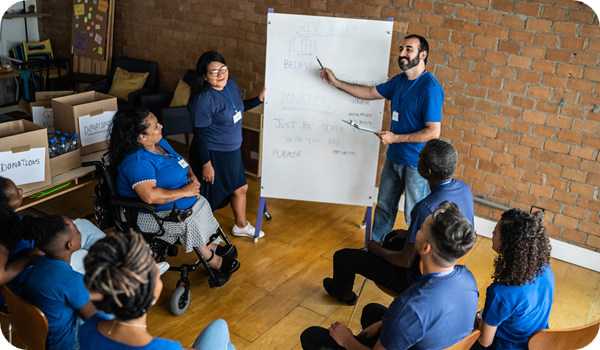Duty of care is a moral and legal obligation an organisation needs to undertake to protect the health, safety, security, and wellbeing of its workers.
For NGOs, Duty of Care means guaranteeing employees on international missions are safe and healthy, both mentally and physically, and that reasonable practical steps have been taken to protect them against any foreseeable risks.
Some years ago, a volunteer working for an NGO in Papua New Guinea contracted malaria and died. When a lawsuit was brought against the NGO, they were found guilty of failing to protect their volunteers in four ways:
- They failed to inform volunteers of the malarial risk
- They did not train them to recognise symptoms of prevalent local diseases
- They didn’t provide them with anti-malarial drugs
- They didn’t provide a support helpline for volunteers to use in case of emergencies
This is a good example of an organisation failing its duty of care to its employees.





















